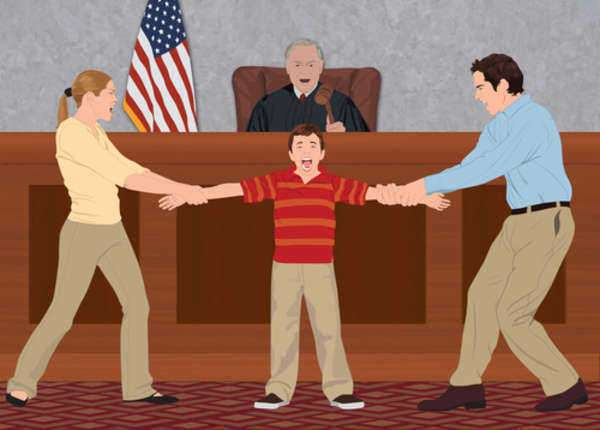Easy Guide to Type of Gaurdians
General Guardian
A general guardian is an individual who has filed a petition with the court in order to receive guardianship of another person. A general guardian will assume the responsibility of caring for the minor and will also receive rights regarding the way that the child is raised.
A general guardian may be appointed when a child's parents are unable to care for the child. There are a number of reasons this can occur. A child who has reached fourteen years of age can nominate an individual to be their general guardian. Nevertheless, it is ultimately the decision of the judge who will be appointed the legal guardian of a minor or incapacitated adult. The parents of the child will most likely still maintain some involvement with the child.

Special Guardian
A special guardian may be appointed for a very short period of time or only for certain aspects of a ward's life. In an emergency situation, the court may choose to appoint a special guardian to care for the child until a more permanent situation can be established. This type of guardianship usually only lasts for a few days and it is put into effect to protect the safety and well-being of the child.
There are specific situations that may warrant the designation of a special guardian. A special guardian may be appointed so that a child can be removed from a dangerous environment.
A special guardian may also be appointed if the beliefs and opinions of the child's parents are negatively affecting the child. A prospective guardian will have to file a petition with the court, and a judge will determine whether or not the child is in need of a special guardian based on the circumstances of the child's situation.
Guardian Ad Litem
A child's parents are always considered to be the child's natural guardians. In most cases, both the father and the mother are considered to be the natural guardians of a child. However, in a divorce the parent that receives custody of the child is referred to as the child's natural guardian.
A natural guardian has the responsibility to ensure the health and the well-being of the child. They also have to right to make all of the decisions related to the minor. A natural guardian will continue to maintain custody of the child until the child reaches the age of majority that has been determined by the State.
Natural guardianship may also be revoked if a petition for guardianship provides evidence that the natural guardian is mistreating the child or is not providing them with proper care and support. The judge will review all of the evidence in the case in order to determine whether or not the child's natural guardians are fit to remain the child's legal guardian.
Temporary Guardian
A temporary guardianship may be established if the parents of a minor will not be available to provide care for their child or are away from their child for a period of time. There are many different situations that would warrant an individual to seek a temporary guardian for their child. A temporary guardian is usually appointed by the parents of a child and they will be responsible for caring for the child while the child's parents are away.
In order to establish a temporary guardianship, a legal form must be completed and signed in front of a notary. It is important that a legal guardian be appointed in the absence of the parents in order to protect the safety and the well-being of the child.
If the legal process of appointing a temporary guardian is not followed, then the guardian will not be able to authorize important decisions, and this may be detrimental to the child's health. A temporary guardian will ensure the care of a child while their parents are absent.